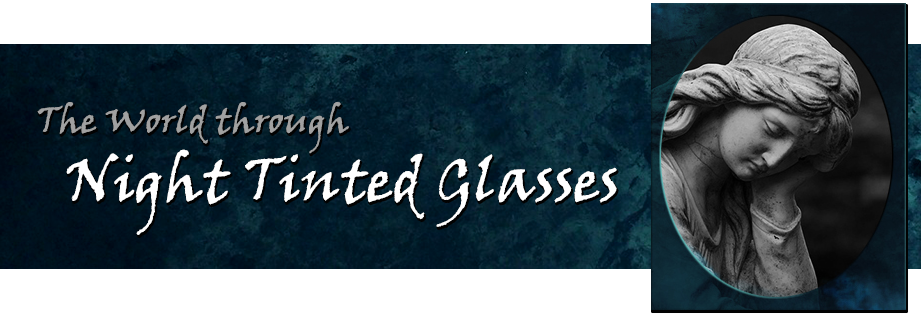 |
| Photo credit: Kelly Frisch |
Henry James' novella is arguably one of the absolute top tier ghost stories of all time (most would probably make it along with The Haunting of Hill House and The Shining as something of a haunting trilogy).
The Sierra Madre Playhouse now hosts a new adaptation, The Turn of the Screw by Jeffrey Hatcher. Like some other versions, this boils down a medium-sized cast of characters to a duel of actors -- Shayna Gabrielle as the unnamed governess who is by far the central character, and Michael Mullen as everyone else, including a wealthy but callow gentleman, a ghost, the housekeeper at a manor house, and a little boy named Miles. Essentially the plot centers around a sheltered young woman, a clergyman's daughter, seeking employment as a governess. The position she finds has been rejected by many others, not least because her employer--who has become the reluctant guardian of his young niece and nephew following their parents' deaths--wants to be left alone. He is not to be contacted ever or at all, no matter what the circumstances.
The fact she accepts this position, her first, actually hints at much. Herein lies the key to the story's great appeal. Hints abound, which even when explicit seem less than crystal. She learns her predecessor committed suicide following a wildly passionate affair with another servant which resulted in pregnancy. He killed himself soon after. But...the governess begins to see them. Even hear them. She becomes convinced the manor house is indeed haunted and the ghosts are targeting the two children.
Gabrielle and Mullen bring all this amazingly to life. The latter must readily and often play a wide variety of roles, each with a strong personality. Yet the former literally contains the meat of the ninety-minute play. We soon realize that whether the ghosts are real or not (and they may not be), the spanking new governess has some profound issues which now distort every moment of her life. Her imagination clearly reshapes reality more or less nonstop. By the end of her interview with the children's uncle, for example, in which he demands never to hear from her ever again, she is imagining herself as his wife. In her eyes the two children are perfect, must be perfect, so if they do anything im-perfect there must be literally demonic forces at work. Increasingly she sinks into a labyrinth of fierce, protective paranoia.
At last the results of course prove tragic. More, under the direction of Jeramiah Peay these two actors weave a spell of imagination equal in power to this repressed governess' wildest fantasies. "Compelling" is almost the least way to describe the performance. Quite literally, I was on the edge of my seat and gripping the arms of my chair within twenty minutes! Almost every word and gesture, every single silence and look did indeed turn the screw a little tighter. That we in the end don't know the final answer to almost anything makes up part of the horror. More, the cast by never for a moment letting up on living these moments, terror and hope and ambiguities intact, brought the story to life.
As of this writing, The Turn of the Screw has three remaining performances. Friday July 28 and Saturday July 28 at 8pm, with a 2pm matinee on Sunday July 30, 2023 at the Sierra Madre Playhouse, 87 West Sierra Madre Blvd, Sierra Madre, CA 91024.


